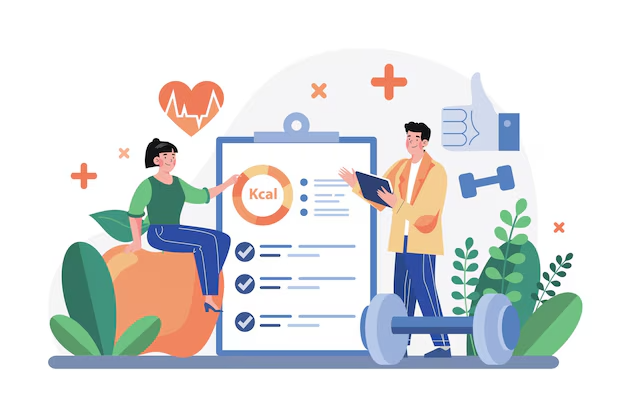Growing up can be challenging for anyone, but for teenagers with autism, it can feel even harder. As they enter adolescence, they face new social situations, more independence, and bigger academic pressures. This is where ABA Therapy plays a powerful role. ABA, which stands for Applied Behavior Analysis, is a proven method that helps teens with autism build skills and confidence to handle life’s changes.
Understanding ABA Therapy for Teens
ABA Therapy is not only for young children. As teens grow, their needs change. ABA programs adjust by focusing more on communication, friendships, emotional control, and preparing for adult life. The therapy becomes less about basic learning and more about real-world skills.
Why Teens Need a Different Approach
Adolescents think and behave differently than young children. They want more freedom and respect. ABA for teens includes their opinions and focuses on their personal goals, like making friends, getting a job, or joining a club. This helps them stay motivated and involved.
Building Social Skills That Last
One big focus for teenagers in ABA Therapy is learning social skills. They might practice how to start conversations, understand body language, or handle group settings. These skills are important for friendships, school success, and future careers.
Managing Emotions in a Healthy Way
Teens with autism sometimes struggle with big emotions. ABA programs teach them strategies to manage anger, anxiety, and sadness. Through role-playing and real-world practice, they learn how to recognize their feelings and respond in a healthy way.
Boosting Independence and Life Skills
As teens get older, independence becomes key. ABA helps them practice important life skills like cooking, using public transportation, handling money, and even preparing for college. These steps make sure they are ready for the adult world.
How Center Based ABA Therapy Supports Teens
For many adolescents, Center Based ABA Therapy provides a perfect setting for learning. Centers are designed to look and feel like real-world places, giving teens the chance to practice skills in a safe and supportive environment. Group activities, mock interviews, and team-building exercises help teens work with peers and gain confidence.
Family Involvement Matters
Families are a huge part of a teen’s success. In many ABA programs, parents and caregivers are included in sessions and trainings. They learn how to support their teen’s goals at home, leading to better results and stronger family relationships.
Preparing for Future Employment
Getting a job is a big goal for many teens. ABA programs often include vocational training, where teens learn how to fill out applications, go through interviews, and act professionally at work. Practice makes them feel ready and confident when the time comes.
Supporting Mental Health
Mental health is just as important as skills. Many teens with autism experience anxiety or depression. ABA therapists work closely with mental health professionals to ensure the teen’s emotional needs are met. Therapy sessions often include self-care strategies and mindfulness exercises.
Personalizing Each Program
No two teens are the same, and no two ABA programs should be either. Therapists create personalized plans based on each teen’s strengths, challenges, interests, and dreams. This personal touch keeps therapy meaningful and effective.
The Role of Technology in ABA Therapy
Today, technology plays a big part in helping teens learn. ABA programs often use apps, games, and online tools to teach skills and track progress. This makes learning fun and relatable for teenagers who are already used to using technology every day.
Challenges and Solutions in Teen ABA Therapy
Of course, there are challenges. Some teens may resist therapy or struggle with motivation. Good ABA therapists know how to work through these issues with patience and creativity, always keeping the teen’s dignity and self-esteem at the center of their work.
Conclusion
ABA Therapy continues to grow and adapt to meet the special needs of teenagers with autism. By focusing on real-world skills, emotional health, independence, and family support, it empowers teens to build brighter futures. With tools like Center Based ABA Therapy, more adolescents can find their strengths and succeed in the world beyond childhood.
 :
https://beyondinfinityaba.com/
:
https://beyondinfinityaba.com/












